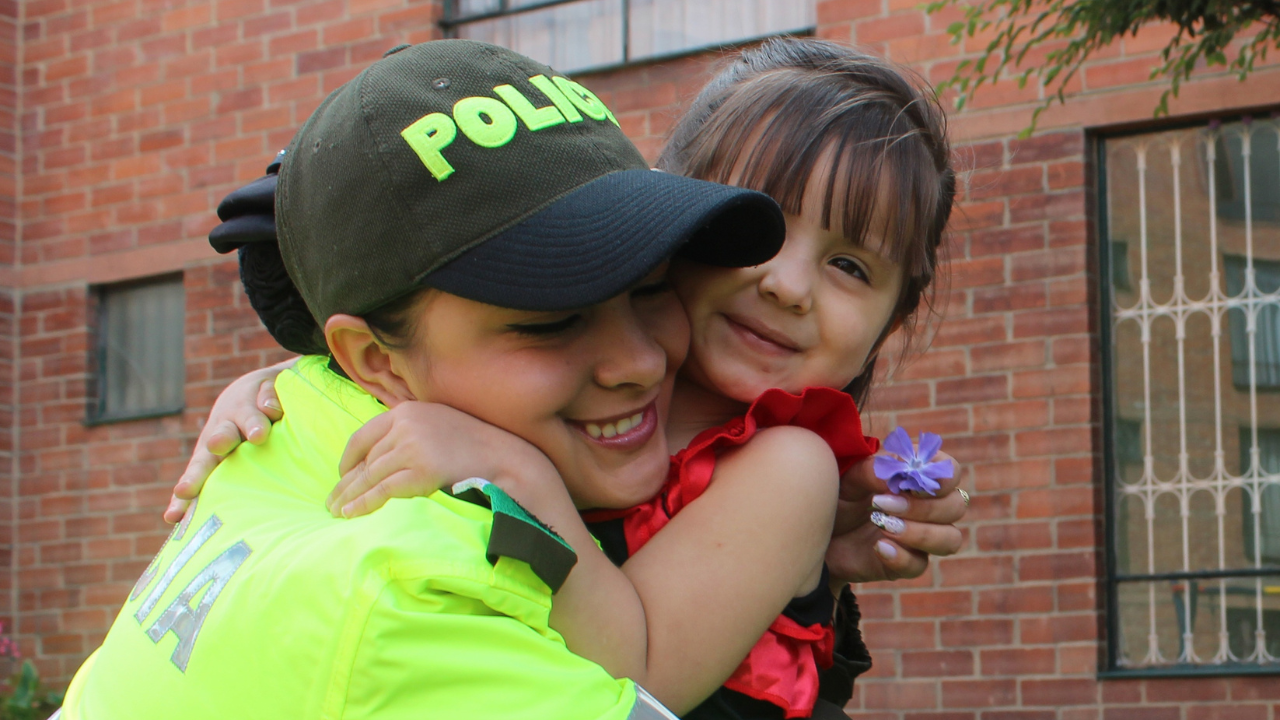can I call the police if my child refuses to go to school?
School refusal, a term distinct from truancy, describes a situation where a child experiences significant anxiety or emotional distress around attending school. This can manifest in physical complaints, tantrums, or simply a refusal to leave the house. While truancy focuses on skipping school without permission, school refusal delves deeper, acknowledging the emotional complexities behind a child’s resistance.
This article explores the various reasons behind school refusal, its impact on children and families, and effective strategies for addressing it.
Why Do Children Refuse School?
School refusal can stem from a range of factors, encompassing emotional, social, and academic challenges. Here’s a breakdown of some common causes:
- Anxiety disorders: Separation anxiety, generalized anxiety, or social anxiety can make the prospect of school overwhelming for a child. Fears of public speaking, tests, or interacting with peers can create intense distress.
- Depression: Low mood, hopelessness, and difficulty concentrating can all contribute to school refusal. Depressed children may lack the motivation to attend school.
- Bullying: Experiencing bullying at school can be a terrifying experience. Fear of further harassment can lead a child to avoid school altogether.
- Learning difficulties: Undiagnosed learning challenges can make school frustrating and overwhelming. A child may feel inadequate or embarrassed in an academic setting.
- Social difficulties: Children with social anxiety or lacking strong friendships might struggle with the social aspects of school.
- Medical issues: Underlying medical conditions can cause physical symptoms like headaches or stomachaches coinciding with school days.
Additionally, life stressors like family conflict, parental separation, or a recent move can trigger school refusal.
The Impact of School Refusal
Left unaddressed, school refusal can have significant consequences for a child’s development.
- Academic decline: Missing school disrupts learning, leading to gaps in knowledge and falling behind peers.
- Social isolation: Avoiding school can lead to missed opportunities to develop social skills and friendships.
- Increased anxiety: The cycle of refusing school and facing consequences can worsen anxiety and create a vicious circle.
- Low self-esteem: Academic difficulties and social isolation can contribute to feelings of inadequacy and low self-worth.
For families, school refusal can be a stressful and confusing experience. Parents may feel guilt, frustration, and helplessness.
Addressing School Refusal: A Collaborative Approach
The most effective way to address school refusal is through a collaborative approach involving parents, teachers, and mental health professionals. Here are some key strategies:
- Open Communication: Parents need to talk openly with their children to understand the reason behind their refusal. Active listening and creating a safe space for expression are crucial.
- School Collaboration: Teachers and school counselors can provide valuable insight and support. Working together, parents and educators can develop a plan to address the specific needs of the child. This might involve modifications like reduced class time or in-school counseling.
- Therapy: A therapist can help children identify and cope with underlying anxieties or social difficulties. Cognitive Behavioral Therapy (CBT) is often effective in addressing school refusal.
- Addressing underlying issues: If an undiagnosed learning difficulty or bullying is present, it needs to be addressed directly.
- Building self-esteem: Positive reinforcement and celebrating successes can help boost a child’s confidence.
It’s important to be patient and understanding. Overcoming school refusal takes time and consistent effort.
Supporting Parents
Parents often feel overwhelmed and isolated when dealing with school refusal. Here are some ways to support them:
- Support groups: Connecting with other parents facing similar challenges can be invaluable. Sharing experiences and offering advice can alleviate feelings of isolation.
- Self-care: Parents need to prioritize their own well-being to be able to effectively support their children. Making time for relaxation and activities they enjoy is crucial.
- Seeking professional guidance: Therapists can provide parents with strategies for managing their own anxieties and communicating effectively with their children.
Remember, you’re not alone. Working together with the school and mental health professionals can help your child overcome school refusal and thrive in the learning environment.
Conclusion
School refusal is a complex issue with a range of contributing factors. It’s crucial to address the underlying reasons behind a child’s resistance with empathy, understanding, and collaborative effort. Through open communication, targeted interventions, and ongoing support, children can overcome school refusal and reach their full potential.
Additional Resources:
- The National Association of School Psychologists (https://www.nasponline.org/): Provides resources and information on school refusal for parents and educators.
- The Jed Foundation (https://jedfoundation.org/): Offers support and







